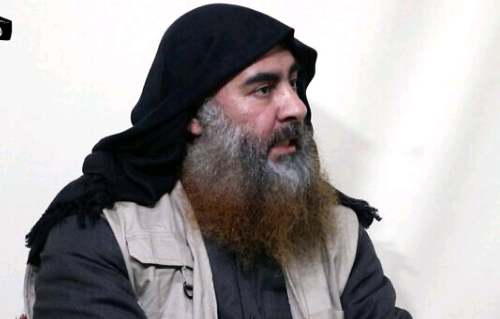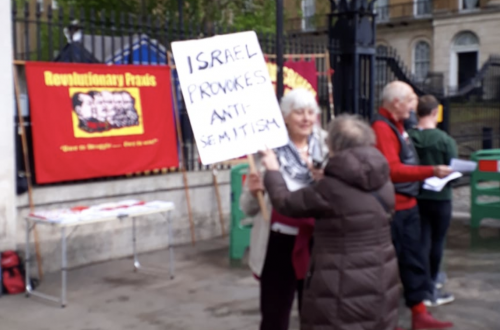News of a conference on Israel and international law to be held at the University of Southampton in April has prompted much heated debate. Last month Petra Marquardt-Bigman reported on fears that anti-Israel feeling on campus may help fuel more blatant manifestations of anti-Semitism. She also drew attention to the fact that conference’s organiser, Oren Ben Dor, has written in defence of Gilad Atzmon – something Tony Greenstein picked up on disapprovingly at the time.
This was back in 2008. Has Ben Dor perhaps renounced Atzmon now his bigotry has become so florid that most pro-Palestinian activists shun him? They certainly still seem to have been on friendly terms in 2013.
So it’s easy to understand why this event has caused so much outrage. However some campaigners against antisemitism support the conference going ahead, including one of the invited speakers, John Strawson, who defends his position over on Engage.
It brings together academics and activists from Israel and Palestine as well as Europe and North America. The program contains scholars from a variety of disciplines and with radically different approaches to Palestine and Israel. That is exactly what universities should be doing in creating agendas for discussing complex and controversial issues.
Some negative reactions could be seen as exaggerated or ill-judged:
[Mark] Lewis, a partner with London law firm Seddons, told The Sunday Telegraph: “This is a one-sided conference, not a debate and I would want to raise serious questions about what students at this university are being taught and what the university believes.
“If Southampton allows teaching which does not present both sides of a case it would raise doubts in my mind about the suitability of a candidate from its School of Law. I would not look so favourably on those CVs.”
Writing at Engage, Ben Gidley’s response to that comment was spot on.
Such criticisms seem to confuse what goes on in the classroom – where multiple perspectives on issues should be presented – with what goes on in a conference, where scholars should be free to take a position. It is wrong to expect universities to ensure that conferences “give a platform to all sides”. For example, a conference on climate change should not be required to give a platform to climate skeptics, and a philosophy conference should not be expected to give a platform to every school of philosophy. In fact, universities are legally obliged by the Education Act of 1986 to protect their members’ freedom of speech within the law.
He goes on to make an important but challenging point, that even if there is a reasonable case for suspecting that some speakers ‘may contribute to a climate in which antisemitism is not taken seriously’ that does not reach the threshold which should trigger an outright ban.
By analogy, I think there are speakers who might – it could be argued – create a climate which amplifies anti-Muslim bigotry, but who should not be banned from universities. Of course their views are immeasurably more moderate than those of the extreme Muslims who so regularly get given a platform on our campuses, and it’s also important to note that there is no strong anti-Islam strand within academia to compare with the animus against Israel, so the two situations are not directly comparable. This small scale event featuring Anne Marie Waters and Charlie Klendjian, cancelled by the University of West London, would have exposed attendees to some genuinely challenging ideas, whereas an opposition to Israel seems normative, indeed de rigeur, on some campuses.
I found Ben Gidley’s argument persuasive – although personally I wouldn’t want to no platform Marine le Pen – and I agreed with his conclusions that the Israel conference, although it clearly needs to be challenged and criticised, should go ahead in the name of academic freedom. I also very much agree with his final remarks pointing out the importance of standing up for freedom of speech against anti-Israel activists who try to close down Israeli and pro-Israeli voices.


